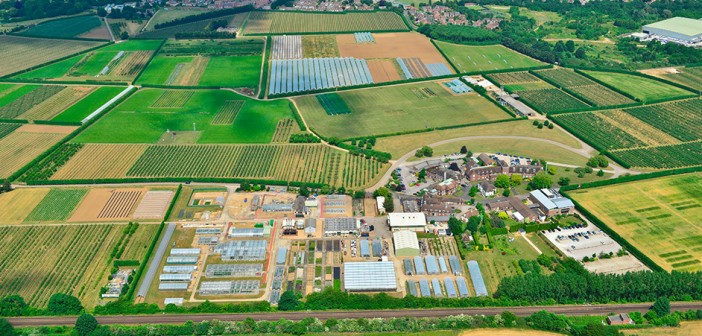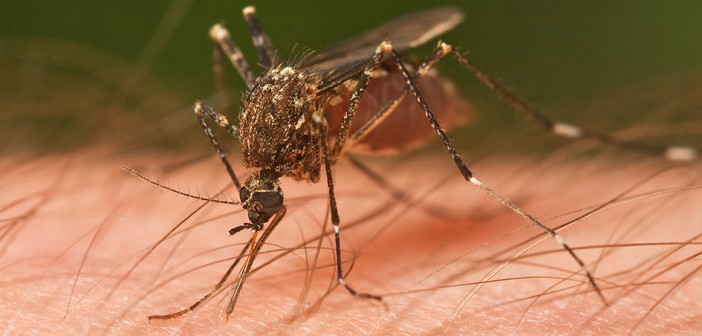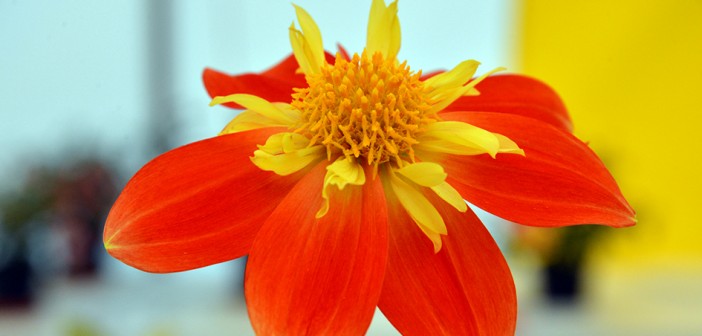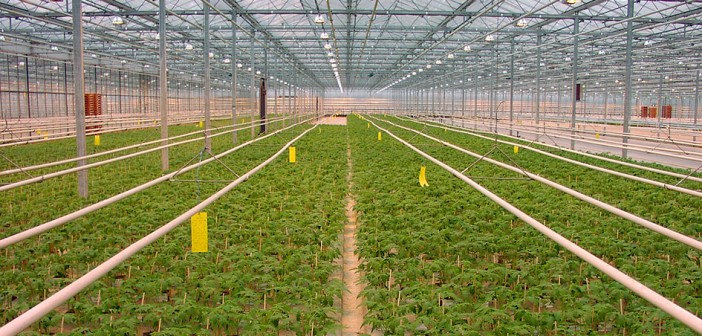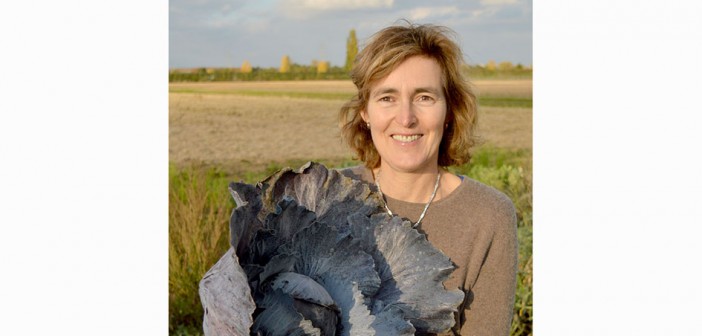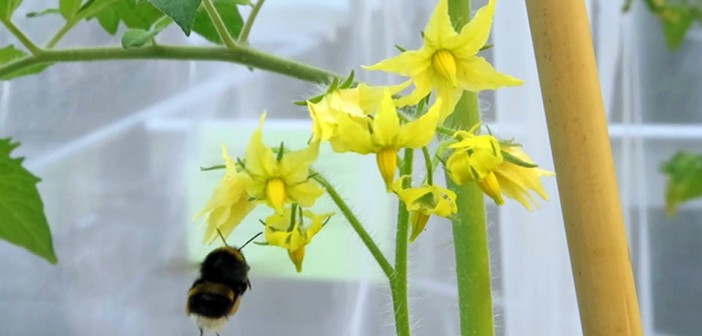As part of its ‘Save Our Spuds’ campaign, Sainsbury’s has introduced new packaging which will prevent potatoes from going green and developing a bitter taste. Designed to be 100% opaque – whilst still breathable – the new packaging prevents any light from reaching the produce, the most common culprit for greening.
The green discolouration develops thanks to a build-up of solanine which is triggered by too much light. The retailer estimates that this is responsible for the wasting of 5.8 million potatoes every day.
Jane Skelton, Head of Packaging for Sainsbury’s, commented, “Potatoes are a British favourite. But exposure to sunlight means many of our spuds never make it to the table. That’s why we’re calling ‘lights out’ in our latest effort to help tackle food waste. We’re confident that this will improve the shelf-life of our potatoes and, while the packaging might be opaque, we’re hoping the results will be clear to see.”
The new packaging will be rolled out across Sainsbury’s stores, across King Edwards and Lady Balfour potatoes – two varieties which are most susceptible to greening. The retailer continues to recommend that all potatoes should be kept in a cool, dark place.
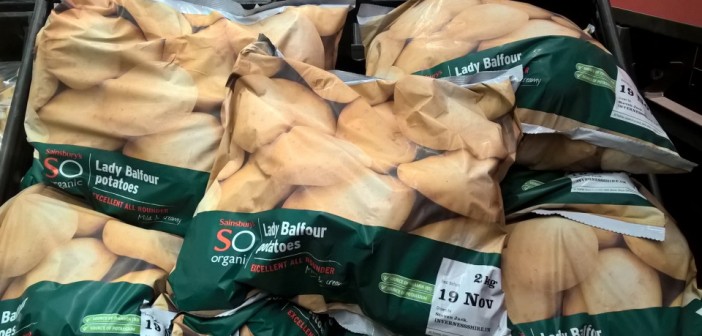
Photo Caption: Lady Balfour and King Edwards will be the first to benefit from the new packaging
This story first appeared on HortNews.
